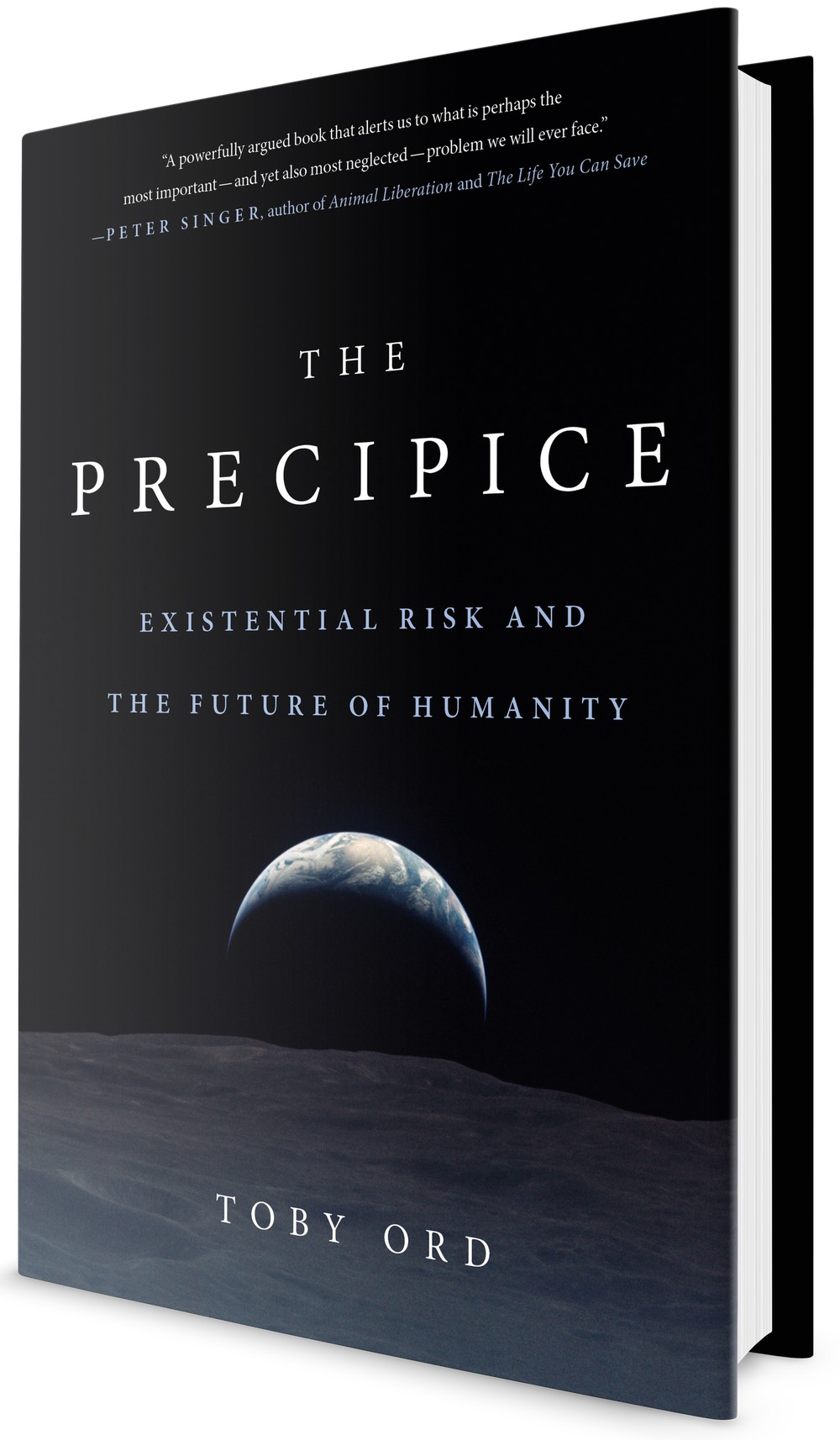When you’re in the middle of a crisis and you have to ask for money, you’re already too late.
That’s Dr. Beth Cameron, and she’s someone who should know. Beth runs Global Biological Policy and Programs at the Nuclear Threat Initiative.
She has years of experience preparing for and fighting the diseases of our nightmares, on the White House Ebola Taskforce, in the National Security Council staff, and as the senior advisor to the Assistant Secretary of Defense for Nuclear, Chemical and Biological Defense Programs.
Unfortunately, the nations of the world aren’t prepared for a crisis – and like children crowded into daycare, there’s a real danger that something nasty will come along and make us all sick at once.
During previous pandemics, countries have dragged their feet over who will pay to contain them, or struggled to move people and supplies to where they needed to be. Unfortunately, there’s no reason to think that the same wouldn’t happen again today. And at the same time, advances in biotechnology may make it possible for terrorists to bring back smallpox – or create something even worse.
In this interview we look at the current state of play in disease control, what needs to change, and how you can work towards a job where you can help make those changes yourself. Topics covered include:
- The best strategies for containing pandemics.
- Why we lurch from panic, to neglect, to panic again when it comes to protecting ourselves from contagious diseases.
- Current reform efforts within the World Health Organization, and attempts to prepare partial vaccines ahead of time.
- How the Nuclear Threat Initiative, with just 50 people, collaborates with governments around the world to reduce the risk of nuclear or biological catastrophes (also, whether they might want to hire you).
- Which global health security groups most impress Beth, and what they’re doing.
- What new technologies could be invented to make us safer.
- Whether it’s possible to help solve the problem through mass advocacy.
- What and where to study, and how to begin a career in pandemic preparedness (below you’ll find a lengthy list of people and places mentioned in the interview, and others we’ve had recommended to us).
- Much more besides.
Below you’ll find a coaching application form, three key points from the interview, extra resources to learn more, and dozens of people and places you can contact to begin a career in this field.
If you know nothing about this topic, it is recommended that you listen to the first hour or two of the episode with Howie Lempel first, as it lays out the problem more gradually.




















